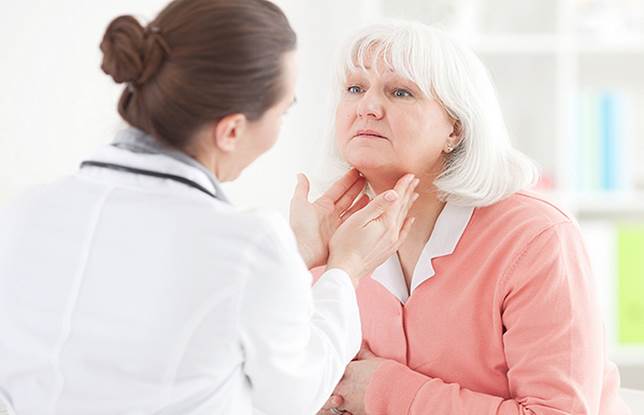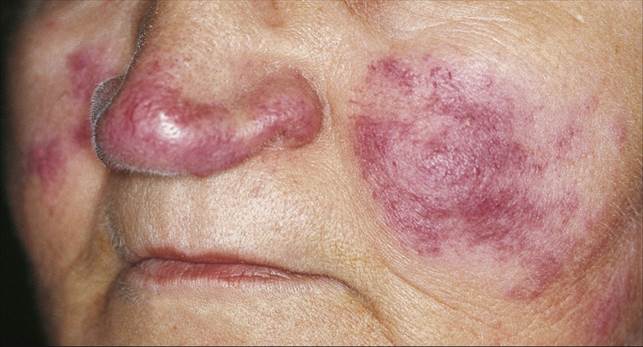What triggers them?
No one knows, but research has highlighted potential
environmental factors. For example, Epstein-Barr Virus, which causes glandular
fever, is linked with an increased risk of MS and lupus, while smoking is
linked with a higher risk of rheumatoid arthritis, lupus, MS and Graves’
disease (overactive thyroid).

Smoking is linked
with a higher risk of rheumatoid arthritis, lupus, MS and Graves’ disease
Getting a diagnosis
Autoimmune diseases can be hard to diagnose. “The trouble is
that symptoms are often woolly – things like fatigue, dizziness or aches and
pains,” says Professor D’Cruz. If you think something may be going on, keep a
symptom diary, make a note of any ADs in your family, be prepared to persevere
and, if necessary, seek a second opinion.
Can they be cured?
No, but they can be managed. Usually, symptoms fuctuate
between periods of relative quiet (remission) and fare ups.
These are the five most common autoimmune diseases to
affect women…
1. Autoimmune thyroid diseases
Hashimoto’s disease, which causes an underactive thyroid, is
four to ten times as common in women as men; while Graves’ disease, which
causes an overactive thyroid, is seven times as common.
Symptoms Hashimoto’s: fatigue, depression, weight
gain, feeling cold, hair loss, slow heart beat, premature ovarian failure (when
eggs run out early). Graves’: anxiety, irritability, insomnia, irregular heart
beat, shaky hands, heat intolerance, irregular periods.
Treatments Levothyroxine, a synthetic form of the
thyroid hormone, T4 (Hashimoto’s). Medication to quell production of thyroid
hormones, radioactive iodine to destroy thyroid tissue or surgery to remove it
(Graves’).

A doctor is
checking a patient afftected Autoimmune thyroid
2. Lupus (Systemic lupus erythematosus).
The immune system attacks multiple organs – it’s nine times
more common in women than men.
Symptoms Fever, weight loss, mouth ulcers, hair loss,
rashes, “butterfly” rash on face, joint pain, chest pain, muscle pain,
decreased white blood cell count, headaches, dizziness, seizures, memory
problems. Sunlight can worsen symptoms.
Treatments Anti-infammatory drugs, topical creams,
oral steroids, the anti-malarial drug hydroxychloroquine, and immune
suppressants. Rituximab, a biological agent, which acts on immune cells called
B cells, can help people with severe lupus. Protecting yourself from sunlight
can also help.

Lupus’ early
symptoms